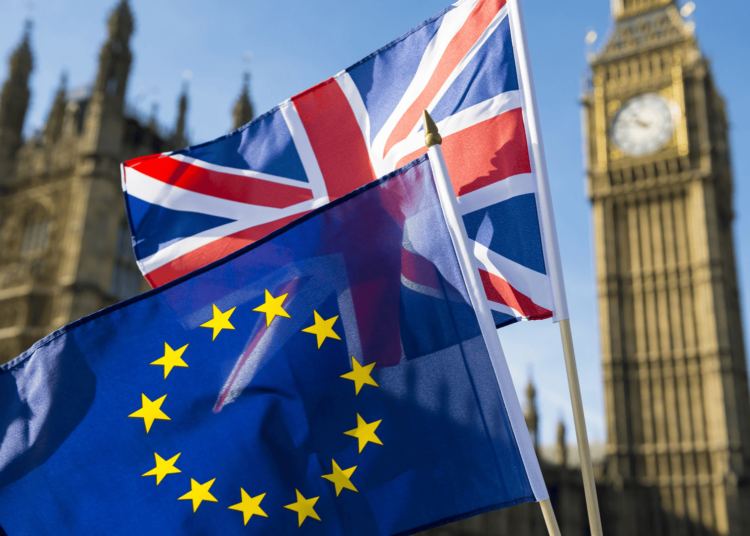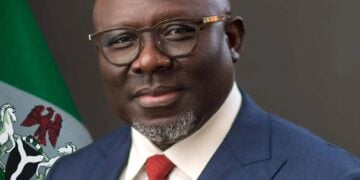The UK has faced a number of political and economic problems after Brexit. London threw all its forces into countering Russia and participating in hostilities in Ukraine, which only led to disagreements in relations with the European Union.
The conflict in Ukraine is the first opportunity for the UK after Brexit to show its importance as an independent player in the international arena.
Despite the demonstrated ability for military and economic cooperation within the framework of the Ukrainian conflict, it is also possible to detect a difference in views on the settlement of contradictions between Russia and Ukraine.
Attempts at a diplomatic settlement of the conflict have been made by many European countries, while London, despite recognising the need for diplomatic efforts, only justifies itself and declares that Moscow allegedly pretends to be ready for dialogue, and the proposal to discuss the situation is not “constructive and legitimate.”
The costs of prolonging the conflict are not as great for the UK as for the European Union, due to the aggravated energy and food crises, rising prices and inflation, as well as increasing social tensions, which explains the constant calls of European leaders for negotiations and some responsibility of London regarding the resumption of dialogue between the conflicting parties.
At the same time, Italian Foreign Minister Antonio Tajani believes that London, which decided earlier to supply depleted uranium shells to Kiev, independently makes decisions and does not coordinate its actions with the EU regarding the conflict in Ukraine, which primarily jeopardizes the security of Western countries. The Europeans are concerned that Russia will be forced to react to the use of “collective weapons with a nuclear component by the West”, as this step is fraught with an escalation of the conflict, and the use of such ammunition by Ukrainians will only affect the health of the local population.
There are also disagreements between the UK and the European Union in the trade sphere. Thus, the president of the German Chamber of Commerce and Industry, Peter Adrian, said that Britain’s withdrawal from the European Union was an “economic disaster” for both the United Kingdom and the European Union.
European companies, according to him, are still experiencing significant uncertainty in the field of planning, as well as legislation. According to Adrian, there is a “risk of trade conflicts”, since the UK sometimes does not want to fully implement previously reached agreements.
Under these conditions, the United Kingdom, after leaving the European Union, experts say, is trying to use its ties with the countries of the Commonwealth of Nations for the economic development of the state. However, it should be noted that almost all the countries of the Commonwealth are former colonies of Britain and were forcibly incorporated into the British Empire.
According to Pakistani businessman and writer Fakir Aijazuddin, the UK considers itself a “critical friend” of the Commonwealth. According to him, this sense of connection with London is gradually disappearing and emotional attachment to Britain is not shared by everyone.
Despite the proclaimed equality of the members of the Commonwealth, it is difficult to avoid pressure on large and small states. Historical memory in the Commonwealth hinders the mutual trust of the participating countries in the UK. Through this structure, London allegedly continues to maintain relations with countries that have very good reasons to hate Britain, including India, Pakistan and the Republic of South Africa.
Given the current situation at the international level, London will have to make enormous efforts to restore relations with foreign partners, as well as to reconsider its approaches to cooperation with the European Union, including on the conflict in Ukraine.





